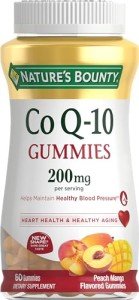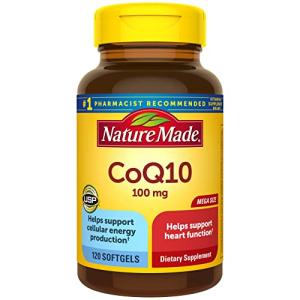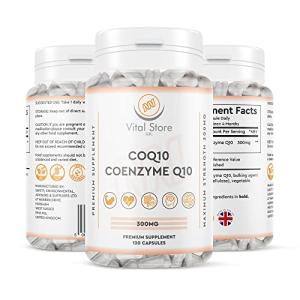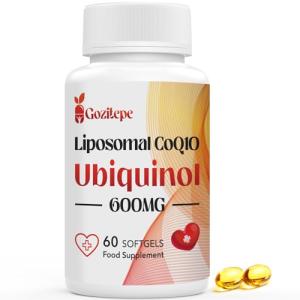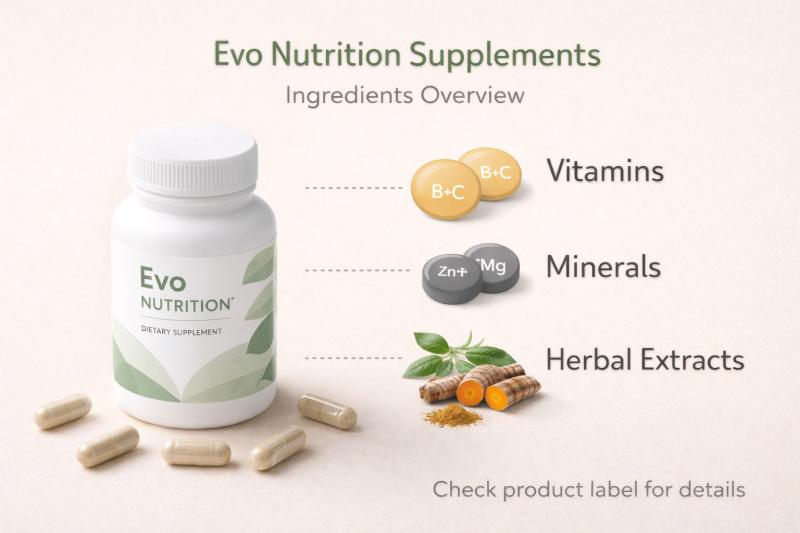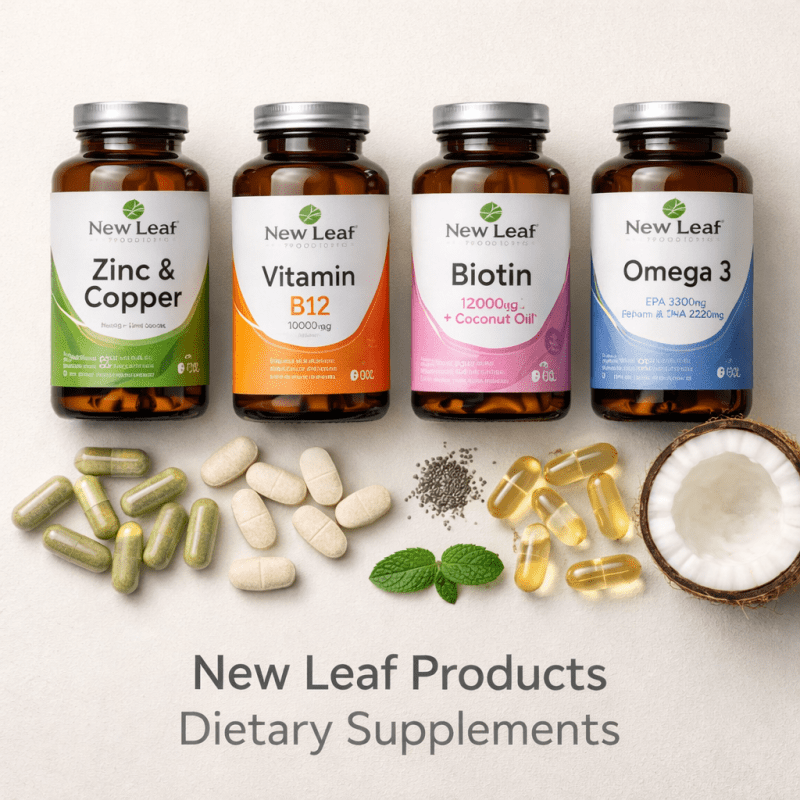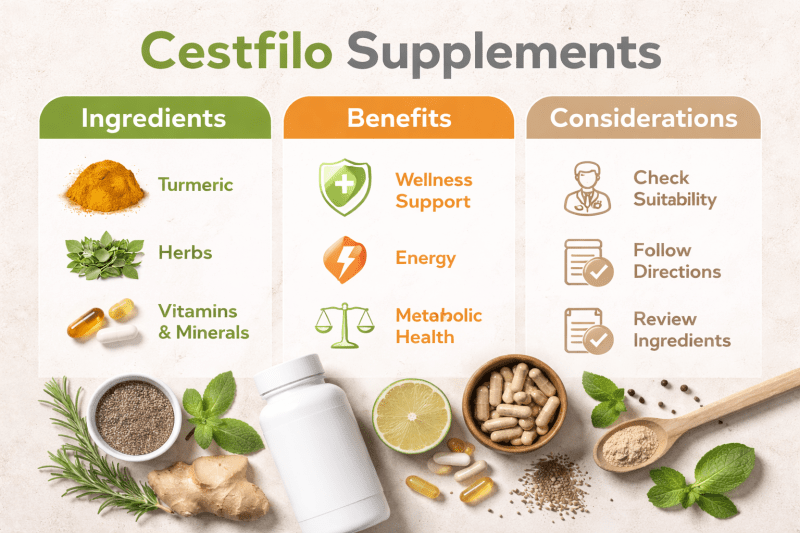What is CoQ10 and How Does it Benefit Your Body?
Coenzyme Q10 (CoQ10) is a naturally occurring antioxidant that is produced by the body. It is found in every cell and helps to support energy production and healthy cell function. CoQ10 is also known as ubiquinone, due to its ubiquitous presence throughout the body.
CoQ10 is an essential nutrient for the production of ATP (adenosine triphosphate) which is the primary source of energy for every cell in your body. As we age, our body’s natural production of CoQ10 decreases, which can lead to fatigue, reduced heart function, and other health conditions. Supplementation with CoQ10 has been shown to improve energy levels, support healthy cardiovascular function, and promote healthy aging.
Research has also indicated that CoQ10 has antioxidant properties which help to protect cells from oxidative damage caused by free radicals. Oxidative damage has been linked to the development of many chronic diseases, including cancer, diabetes, and heart disease.
CoQ10 has also been shown to support healthy blood sugar levels and may have a protective effect on the brain and nervous system. Additionally, it may reduce muscle damage and soreness following exercise, making it popular with athletes and fitness enthusiasts.
Overall, CoQ10 is a vital nutrient for maintaining healthy cellular function, energy production and overall wellbeing. It is available in supplement form or can be obtained through a balanced diet of foods such as fatty fish, nuts, and whole grains.
The Role of CoQ10 in Heart Health and Other Medical Conditions
CoQ10, also known as coenzyme Q10, is a naturally occurring enzyme found in every cell in the body. It plays a vital role in producing energy that fuels the body's cell and tissues. But CoQ10 has emerged as an essential nutrient for heart health and other medical conditions. In this section, we'll explore the role of CoQ10 in heart health and other medical conditions.
Heart Health
CoQ10 is vital for maintaining a healthy heart. It helps in the production of energy that is required by the heart for its proper functioning. It also acts as a potent antioxidant, protecting the heart from oxidative stress. Studies have shown that CoQ10 can help in lowering blood pressure, reducing the risk of heart attacks, and improving the overall cardiovascular health.
Cardiomyopathy
Cardiomyopathy is a medical condition where the heart muscle becomes weak and enlarged, causing it to pump blood inefficiently. CoQ10 has been found to be effective in reducing the symptoms of cardiomyopathy and improving heart function. It can also help in reducing heart failure hospitalization rates and improving exercise capacity in people with cardiomyopathy.
Diabetes
CoQ10 has shown promising results in managing blood sugar levels in people with diabetes. It can help in reducing the oxidative stress and inflammation caused by high blood sugar levels, which can lead to diabetic complications such as neuropathy and retinopathy.
Migraine
Migraine is a common neurological condition that causes severe headache, nausea, and sensitivity to light and sound. CoQ10 has been found to be beneficial in reducing the frequency and severity of migraines. It works by improving mitochondrial function in cells and reducing inflammation and oxidative stress.
In conclusion, CoQ10 plays a crucial role in maintaining heart health and managing other medical conditions. It is essential to ensure that our body has an adequate supply of CoQ10 to function optimally. However, before incorporating any new supplements into your diet, it is recommended to consult with a healthcare professional.
How to Choose the Best CoQ10 Supplement for Your Needs
How to Choose the Best CoQ10 Supplement for Your Needs - CoQ10
CoQ10 supplements come in various forms and strengths. Here are some factors to consider when choosing the best CoQ10 supplement for your needs:
- Form: CoQ10 supplements come in two forms - ubiquinone and ubiquinol. Ubiquinone is the most common form and is converted by the body to ubiquinol. Ubiquinol is the active form and is easier for the body to absorb. If you have trouble absorbing nutrients or are over 50 years of age, consider a ubiquinol supplement.
- Strength: The strength of a CoQ10 supplement is measured in milligrams (mg). The recommended dosage for CoQ10 varies depending on the condition being treated. For general health maintenance, a dose of 100 mg per day is typically recommended. Consult with your healthcare provider to determine the appropriate dosage for your needs.
- Quality: Choose a CoQ10 supplement from a reputable company that uses high-quality ingredients. Look for supplements that are third-party tested for purity, potency, and quality.
- Price: CoQ10 supplements vary in price. Look for a supplement that fits within your budget, but don't skimp on quality. Cheaper supplements may contain lower-quality ingredients or be less effective.
- Other ingredients: Check the label for other ingredients in the supplement, such as fillers or additives. Avoid supplements with unnecessary ingredients or potential allergens.
By taking these factors into consideration, you can choose the best CoQ10 supplement for your needs. Remember to talk to your healthcare provider before starting any new supplement regimen.

